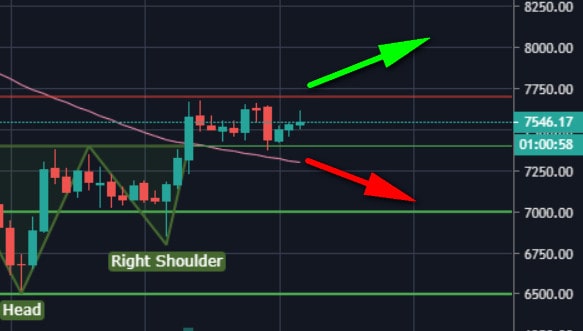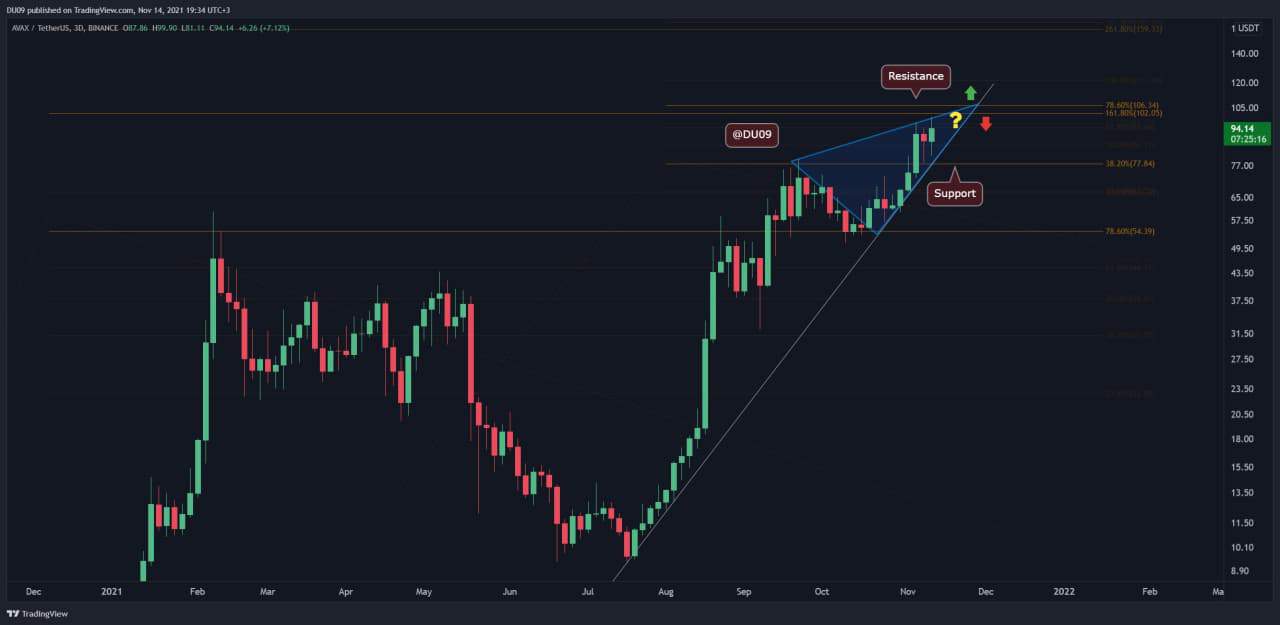Top EU Financial Authority Says Cryptocurrencies Are Financial Instruments
The German Federal Financial Supervisory Authority (BaFin) has recently issued guidelines on cryptocurrencies. Following the 5AMDL from earlier this year, BaFin now classifies all digital assets as financial instruments.
Additionally, cryptocurrency custodians will be required to obtain a proper license to offer their services in the country.
Defining Cryptocurrencies
Germany has been somewhat open-minded in accepting cryptocurrencies in the past. A report from last year said that some banks in the country would allow storing Bitcoin from 2020. Now, the nation’s financial regulator published a press release describing digital assets:
“[A] digital representations of a value that has not been issued or guaranteed by any central bank or public body, and does not have the legal status of currency or money, but by natural or legal persons. But it’s accepted as a medium of exchange by natural and legal persons and can be transmitted, stored, and traded electronically.”
The paper continued by noting the differences between some cryptocurrency (virtual) assets. For instance, it classified some tokens as “investment,” others as “security and investment,” and “securities.” As of now, they fall under the same category of serving as financial instruments.
Changes For Cryptocurrency Custodians
According to a recent report by KPMG, almost $10 billion in digital assets have been stolen by hackers since 2017. It listed the lack of proper security as the main reason.
At the same time, institutional investors demand safety and security if they are to invest in digital assets. Therefore, BaFin’s cryptocurrency guidelines address custodians in the country, as well.
Any cryptocurrency custodians that want to operate legally in Germany need to receive a license from the country’s regulator. Those who are currently working without the license can apply for one by the end of November this year.
Numerous German banks have recently expressed interest in operating the cryptocurrency custody business. At least 40 banks have applied to receive such a license from the country’s regulated, according to local news.
The new classifications and amendments come as a result of The Fifth Anti-Money Laundering Directive (5AMLD). As reported by Cryptopotato, 5AMLD began operating on January 10th, 2020, and is already affecting the cryptocurrency scene in Europe.
The post Top EU Financial Authority Says Cryptocurrencies Are Financial Instruments appeared first on CryptoPotato.









